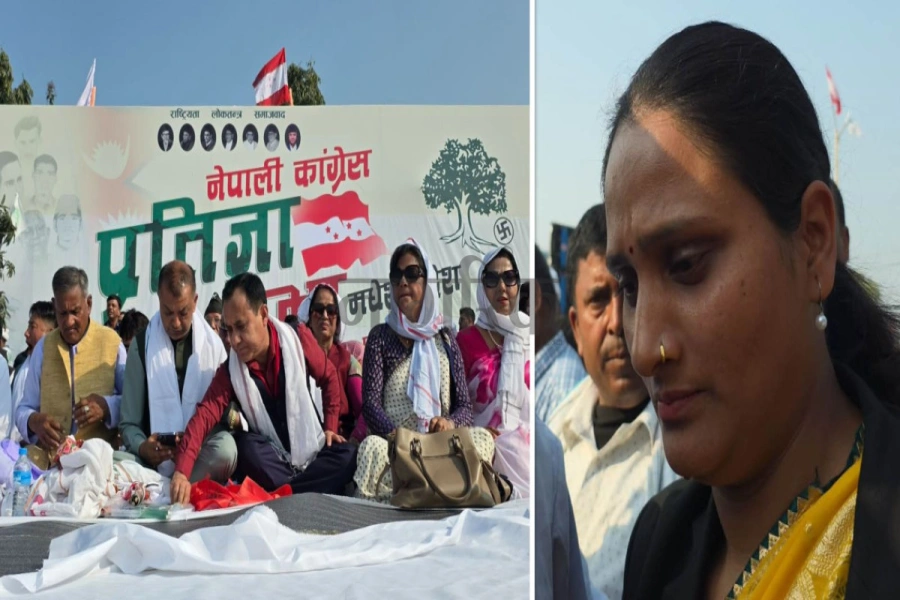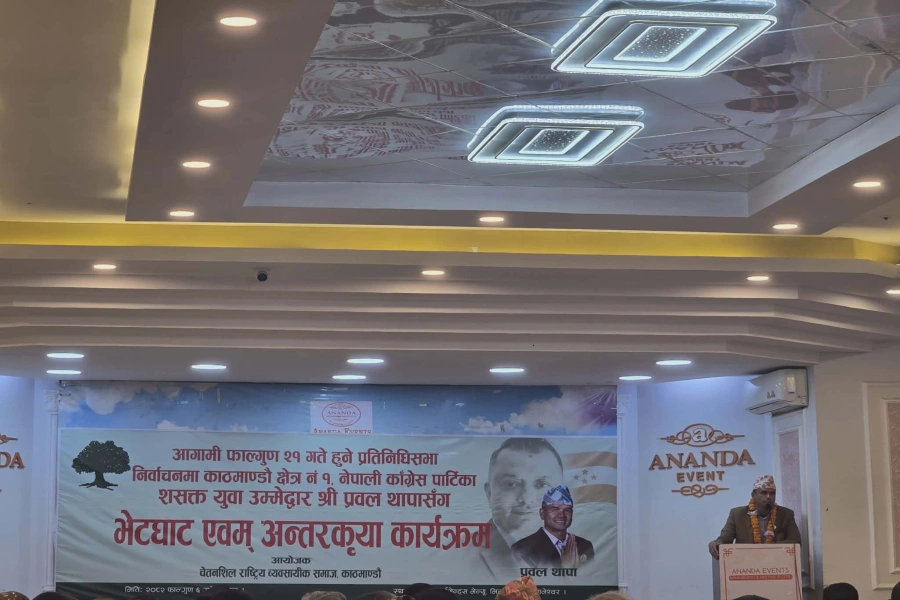KATHMANDU, Mar 1: Women, the poor and excluded groups face various structural barriers in fully benefiting from Nepal’s energy sector, according to a new report of the Asian Development Bank (ADB). The recently released report entitled ‘Gender Equality and Social Inclusion Assessment of the Energy Sector’ assesses the status of energy access in Nepal, and their implications for women and the socially excluded.
Detailing the status of women in villages, the report states that the significant amount of time and effort they spend in collecting fuel and water takes them away from jobs, education, and other activities for ‘self-improvement.’
Issuing a statement on Wednesday, the Manila-based international development finance institution recommended adopting supportive policy and institutional frameworks to address gender and social exclusion issues in the energy sector.
Women, excluded groups facing barriers to energy access in Nepa...

Equally important are political commitments and other national and regional processes that provide scope for creating conducive legal and social environment, the ADB said.
According to the report, the issue of poverty in Nepal has a strong gender, caste, regional, and geographic dimension that is also reflected in the access to energy. Further, continued dependence on traditional biomass has detrimental effects on women’s health through indoor air pollution caused by smoke and unhealthy work places, according to the report.
Being unable to access energy services, women find it difficult to pull themselves out of poverty, and instead get trapped in a vicious cycle of poverty, the report read.
The report further detailed how large sections of society do not have the means to buy or afford energy services even when they are near the point of supply. Even those who can afford improved services may not be able to pay for the ‘conversion technology’ that makes energy useful like buying a stove, television, house wiring, or motor.
Involvement of local communities in energy projects enhances access to energy, helps secure public acceptance, and improves impacts of energy services and technologies, the report concluded.
“Ensuring adequate focus on gender equality and social inclusion is a long-term commitment and priority set out by the Government of Nepal and shared by ADB,” the statement quoted ADB’s Principal Social Development Specialist Francesco Tornieri, as saying. “Although this applies to all sectors, we see the energy sector -- one of the most challenging in this regard -- as offering a range of remedies both in terms of on-grid and off-grid systems.”
For ADB, this means systematic efforts to address GESI issues, including awareness raising and capacity building of the organization and staff as well as systematic incorporation of such considerations into all levels of project -- from design, implementation, and monitoring to evaluation, according to the report.






































